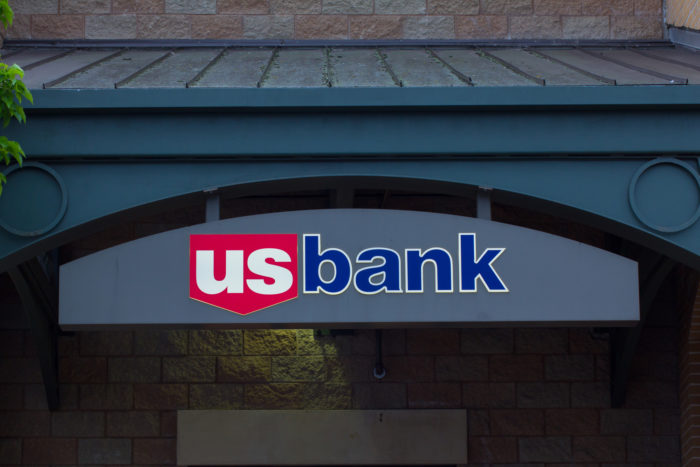Top Class Actions’s website and social media posts use affiliate links. If you make a purchase using such links, we may receive a commission, but it will not result in any additional charges to you. Please review our Affiliate Link Disclosure for more information.

The U.S. Bank class action lawsuit was filed by Theodore Casper, who says that in May 2014 Casper purchased a home in New York, for which he secured a mortgage.
Casper says he took out the loan from Paragon Home Loans Inc., and U.S. Bank acquired the servicing rights for the mortgage.
The plaintiff states that he made monthly mortgage payments online using a debit card throughout the term of his mortgage, and says that he paid on time.
Allegedly, Casper was charged an additional Pay-to-Pay fee every time he made his mortgage payment online. Allegedly, this fee was $3.50 until June 2, 2016, at which point it was increased to $5.
According to the Casper vs. US Bank class action lawsuit, this fee is a breach of the mortgage agreement because the agreement does not delineate the Pay-to-Pay fees as “one of the many charges that the lender, or loan servicer acting on behalf of the lender,” may charge.
Casper asserts that “there is simply no provision in the mortgage that allows U.S. Bank to collect Pay-to-Pay fees.” He goes on to argue that this practice violates federal debt collection law, which prohibits the collection of any amount incidental to the principle obligation unless that amount is expressly stated in the loan agreement.
The U.S. Bank class action lawsuit states that New York federal courts have also agreed that these processing fees are illegal if they are not expressly identified in the loan agreement.
The mortgage processing fees class action lawsuit further claims that U.S. Bank charges these fees for its own profit.
Allegedly, it costs the bank far less than $5 to process online payments, and U.S. Bank pockets the difference between the actual cost of processing the payment and the fee that they charge.
Casper says that he and many other U.S. Bank customers were subjected to this fee, and were financially injured because of it.
The plaintiff seeks damages on behalf of himself and all other similarly affected U.S. Bank mortgage borrowers in New York.
Casper is represented by Theodoros Basdekis of Scarzafava Basdekis & Dadey PLLC; James L. Kauffman of Bailey Glasser LLP; and Hassan A. Zavareei and Katherine M. Aizpuru of Tycko & Zavareei LLP.
The U.S. Bank Mortgage Processing Fees Class Action Lawsuit is Casper vs. US Bank, Case No. 5:19-cv-00850-TJM-TWD, in the U.S. District Court for the Northern District of New York.
Read More Lawsuit & Settlement News:
GameStop Class Action Says Store Refuses Refunds
What Can Replace Valsartan?
ATTORNEY ADVERTISING
Top Class Actions is a Proud Member of the American Bar Association
LEGAL INFORMATION IS NOT LEGAL ADVICE
Top Class Actions Legal Statement
©2008 – 2024 Top Class Actions® LLC
Various Trademarks held by their respective owners
This website is not intended for viewing or usage by European Union citizens.















4 thoughts onU.S. Bank Class Action Challenges Pay-to-Pay Fees
Add me
add me. Bank of America charging to pay mortgage online.
Add me
Add me